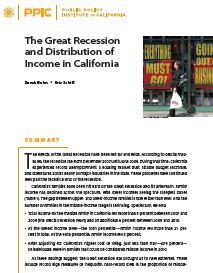- January 1, 2012The 2007 data was fully released in June 2011, so the NWBC commissioned a private research company to study this…
- November 10, 2011Using microdata from the 2001-2009 American Community Surveys, the 2000 U.S. decennial census, and the 2001-2011 Current Population Surveys, this…
- November 10, 2011The Gazelle Index is a new national quarterly survey of the current conditions, optimism and future hiring plans of high-performing…







